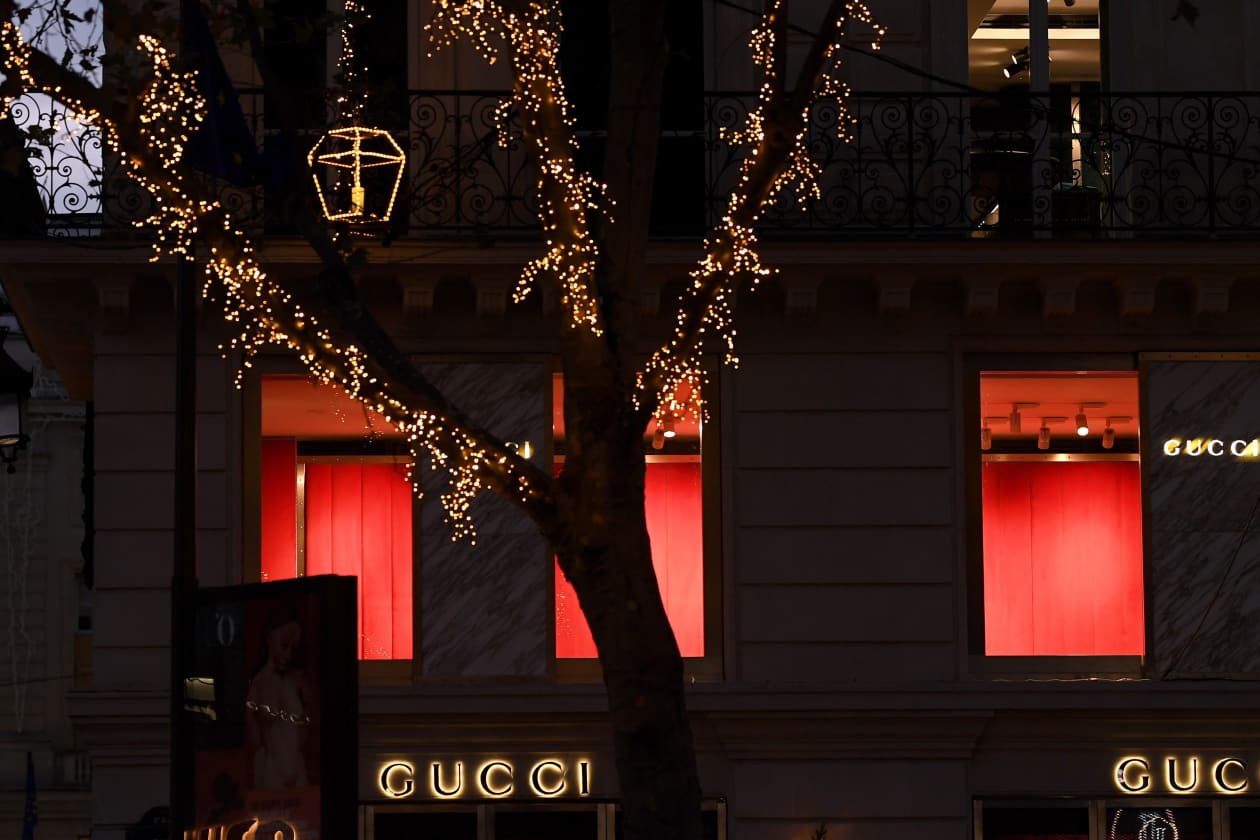
The Chinese luxury market will grow by 48% this year to 346 billion yuan, despite the COVID-19 pandemic, according to a report by Tmall, the shopping platform Alibaba BABA, +0.16%, and consulting firm Bain & Company, published on Dec. 16.
The global luxury market shrank by 23% in 2020, noted the report, titled “China’s Unstoppable 2020 Luxury Market.” However, China’s market share nearly doubled, growing from about 11% last year to 20% in 2020.
Bruno Lannes, senior partner in Shanghai at Bain, identified four factors driving the rebound in the mainland China market: further repatriation, millennial and Gen Z shoppers, continuing digitalization, and the Hainan duty-free stores. Sales of the latter rose 98% compared with 2019, to reach RMB 21 billion by the end of October 2020.
Several international luxury-goods groups have highlighted the growing importance of sales in China to offset dependence on tourism, amid an unprecedented collapse in global travel.
Gucci, the fashion label owned by French group Kering KER, 0.88%, announced last week that it will open two flagship stores on Alibaba’s online luxury-shopping platform, which has more than 750 million Chinese consumers.
The first store, selling fashion goods, will open on Dec. 21, while a second store focused on beauty products will launch in February 2021 and will be operated by Gucci’s license partner Coty COTY.
“Gucci has strategically invested in and cultivated a ‘digital first’ approach globally, including the establishment of a dedicated Chinese digital ecosystem over the past years,” said Marco Bizzarri, president and chief executive of Gucci, in a statement on Friday.
Shares in Kering, which are down almost 7% so far this year, were more than 2% lower in early European trading on Monday.
U.S. jeweler Tiffany & Co TIF, +0.11%, which is being bought by French luxury giant LVMH MC, 1.35% for $15.8 billion, in November beat Wall Street expectations for quarterly profit, as it benefited from a rise of more than 70% in sales in China.
“One of the most exciting trends to come out of the luxury market in 2020 has been the ways that brands have actively developed and strengthened their connections to consumers both online and offline,” said Chris Tung, chief marketing officer of Alibaba Group.
“Global luxury brands have embraced new digital tools such as live streaming for consumer education or product presentation,” Tung added.
Further growth of China’s market is expected through 2025, as Gen Z — those born after 1995 — and millennials — those born between 1980 and 1995 — continue to spend on luxury.
Nearly three-quarters of existing consumers in those cohorts have said they would increase or maintain their luxury spending in 2021.
However, global conditions are unlikely to return to normal before 2022 or even 2023. “Chinese consumers are also likely to remain cautious about international travel even after borders reopen,” the report noted, adding that, as a result, most luxury brands believe that domestic growth will continue in 2021 at about a 30% level.




0 Comments